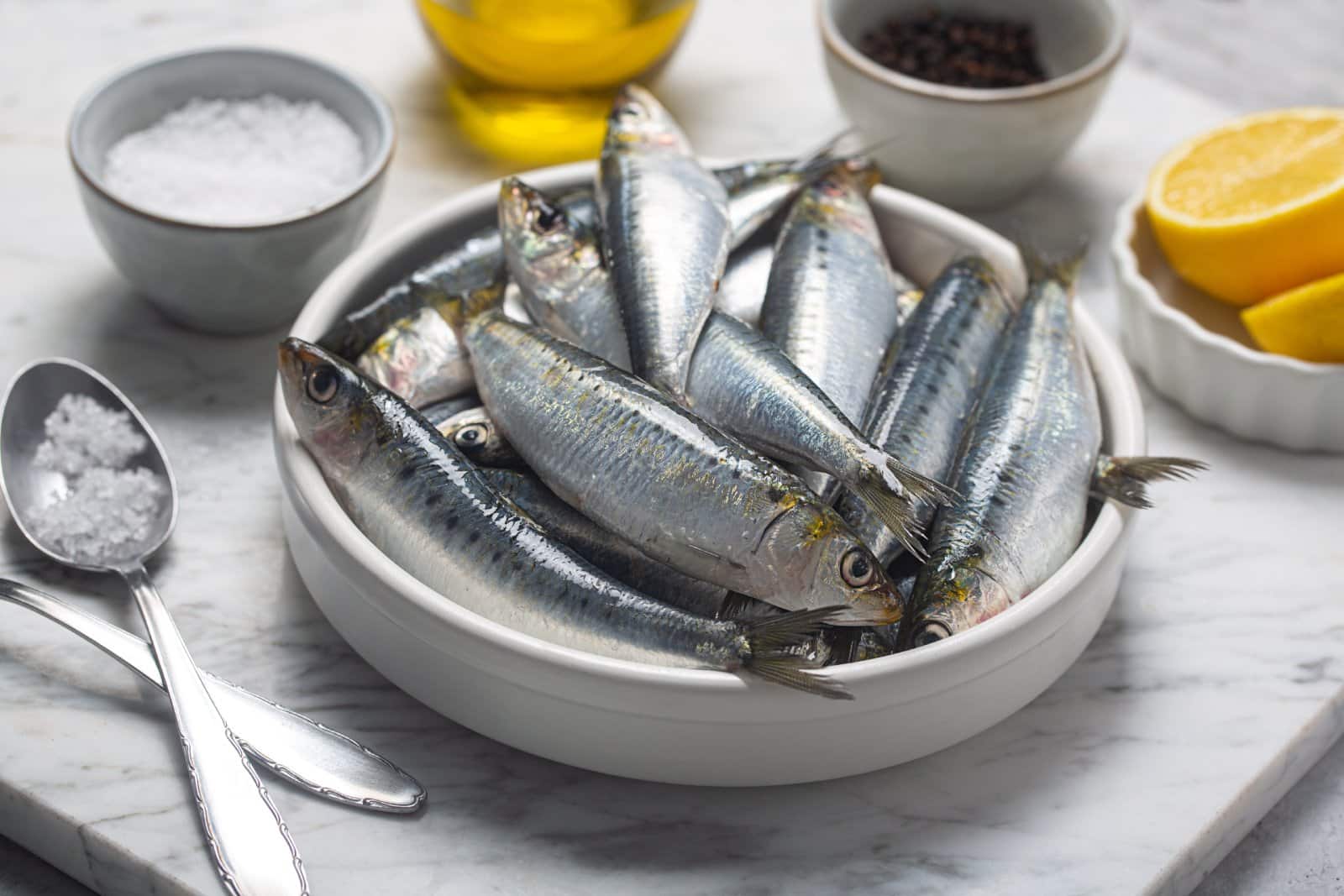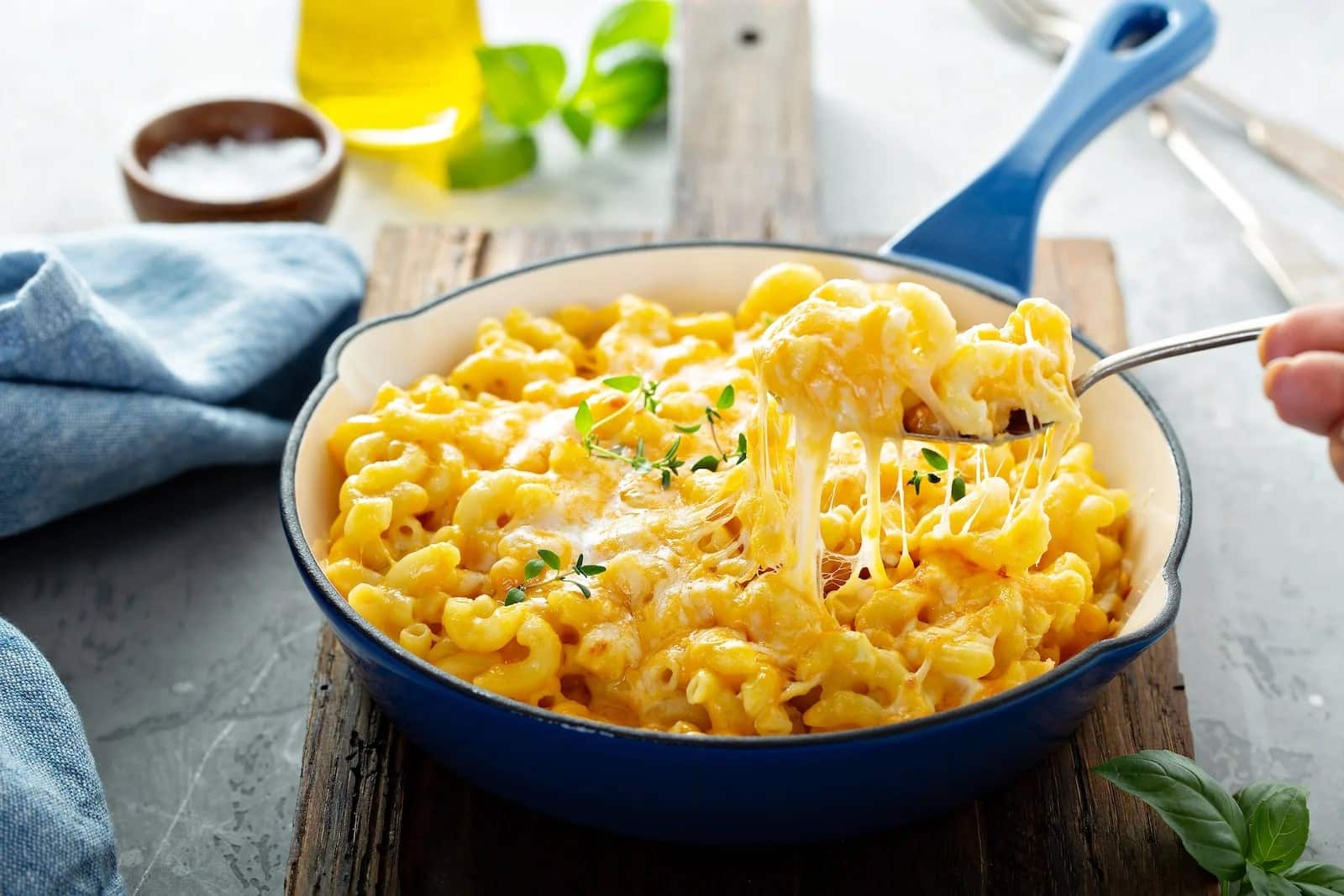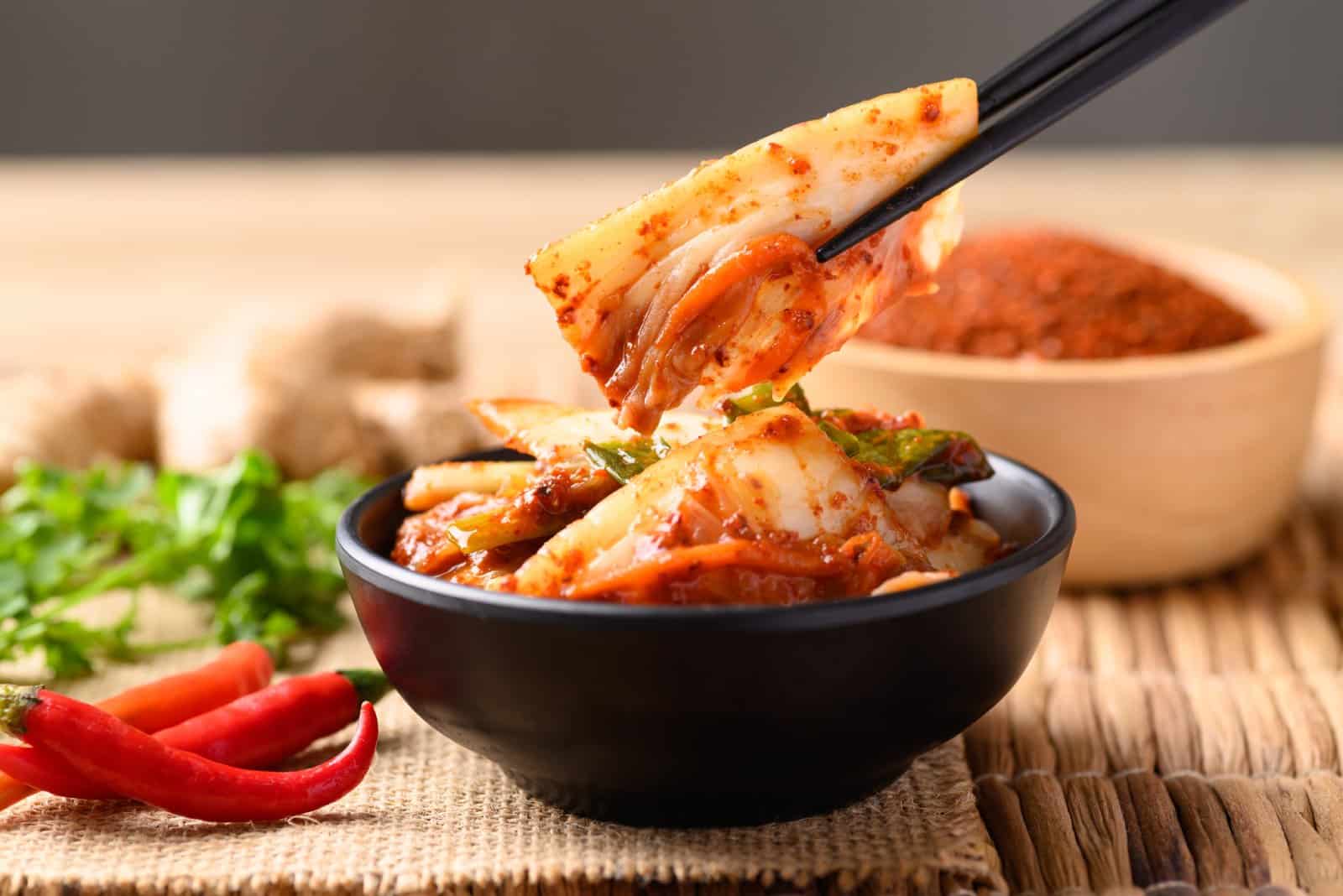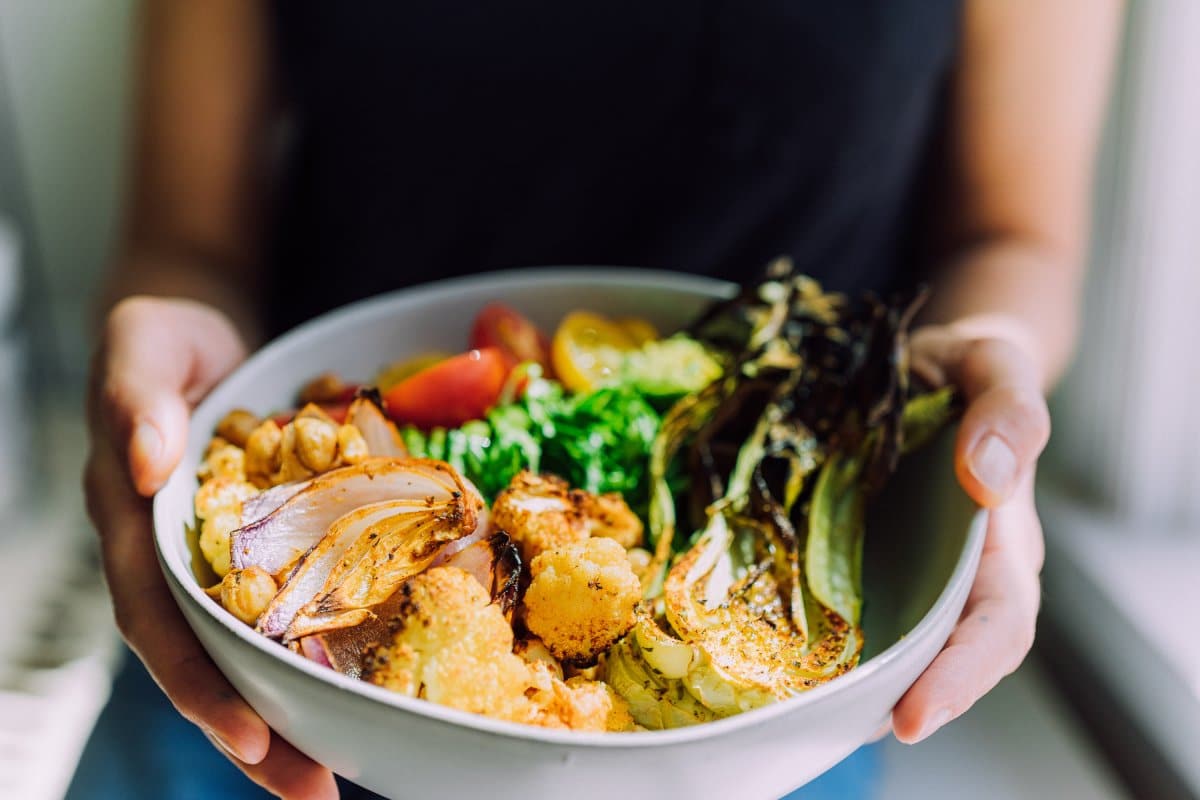The debate over veganism isn’t just a dietary choice—it’s a battleground of ethics, health, and sustainability. So, is it the ultimate ethical diet, or is there more to the story?
1. Environmental Impact

Veganism slashes greenhouse gas emissions and conserves precious water resources. Given that livestock farming accounts for a whopping 14.5% of global greenhouse emissions, going vegan can feel like you’re personally combating climate change.
2. Animal Welfare

Cutting out animal products means rejecting the cruelty and exploitation inherent in factory farming. If you can’t stand the thought of animals suffering for your plate, veganism might be your ethical haven.
3. Health Benefits

Research shows vegans have lower risks of heart disease, hypertension, and type 2 diabetes. Imagine lowering your cholesterol just by changing what’s on your plate—talk about a win-win.
4. Nutritional Deficiencies

Yet, vegan diets can leave you lacking in B12, iron, and omega-3s. It’s not just about cutting meat; it’s about carefully planning meals to avoid deficiencies.
5. Economic Impact

On the one hand, plant-based foods can be cheaper. On the other, those fancy vegan products at the store can make your grocery bill skyrocket.
6. Cultural Considerations

Many cultures center around animal-based foods, making a switch to veganism seem like losing a piece of your heritage. It’s a tough call between modern ethics and traditional practices.
7. Sustainable Meat Alternatives

What about lab-grown meat or sustainably farmed products? These can provide a middle ground, reducing harm without completely giving up on meat.
8. Local and Organic Farming

Supporting local and organic farms can also be an ethical choice. These practices prioritize humane treatment and environmental care, allowing you to eat more consciously without going fully vegan.
9. Food Accessibility

In some places, access to diverse plant-based foods is a luxury. Veganism might be a noble goal, but it’s not always practical or affordable for everyone.
10. Personal Choice and Balance

Ethical eating doesn’t have to be all or nothing. Flexitarianism offers a balanced approach, reducing but not eliminating animal products.
11. Environmental Footprint of Plant-Based Foods

Not all plant-based foods are eco-friendly. For instance, avocados and almonds have hefty water footprints, complicating the ethical landscape of veganism.
12. The Role of Technology

Advancements in agricultural tech can minimize the environmental impacts of both plant and animal farming. Embracing these innovations could redefine what it means to eat ethically.
13. Global Food Security

Shifting towards more plant-based diets could help address global food security. With fewer resources needed for plant foods, more people could be fed efficiently.
14. Ethical Hunting

Some advocate for ethical hunting as part of a responsible diet. Hunting can contribute to natural population control and provide a humane alternative to factory farming.
15. Biodiversity and Ecosystem Health

A diverse diet can help maintain biodiversity. Over-reliance on any single food source—plant or animal—can harm ecosystems.
16. Economic Livelihoods

Millions depend on animal farming for their livelihoods. Transitioning to a different system needs to consider these economic realities.
17. Personal Fulfillment

Ultimately, your diet should align with your values and lifestyle. Finding a path that feels right for you is the most ethical choice of all.
Finding Your Ethical Balance

Is veganism the ultimate ethical diet, or is there room for other perspectives? The answer may lie in a balanced approach that respects personal choices, cultural practices, and the need for sustainability.
Timeless Taste: 20 Boomer Superfoods That Are Making a Comeback

Discover the forgotten superfoods of the boomer generation! From liver to sardines, these nutritional powerhouses are making a comeback. Join us as we rediscover these classic ingredients and their health benefits. Let’s dive into the world of boomer superfoods together! Timeless Taste: 20 Boomer Superfoods That Are Making a Comeback
21 Everyday Grocery Items That Are Loaded With Chemicals

Grocery shopping can seem like a science experiment, with many products packed with artificial additives instead of nutrients. While convenient and tempting, have you considered what’s really in these items? 21 Everyday Grocery Items That Are Loaded With Chemicals
18 Must-Eat Foods for a Longer Life

In the quest for a longer life, certain foods can make a big difference. From everyday staples to exotic finds, these options span various budgets and might surprise you. Who knew the secret to longevity could be right in your pantry or at the grocery store? 18 Must-Eat Foods for a Longer Life
Featured Image Credit: Shutterstock / Cavan-Images.
For transparency, this content was partly developed with AI assistance and carefully curated by an experienced editor to be informative and ensure accuracy.

